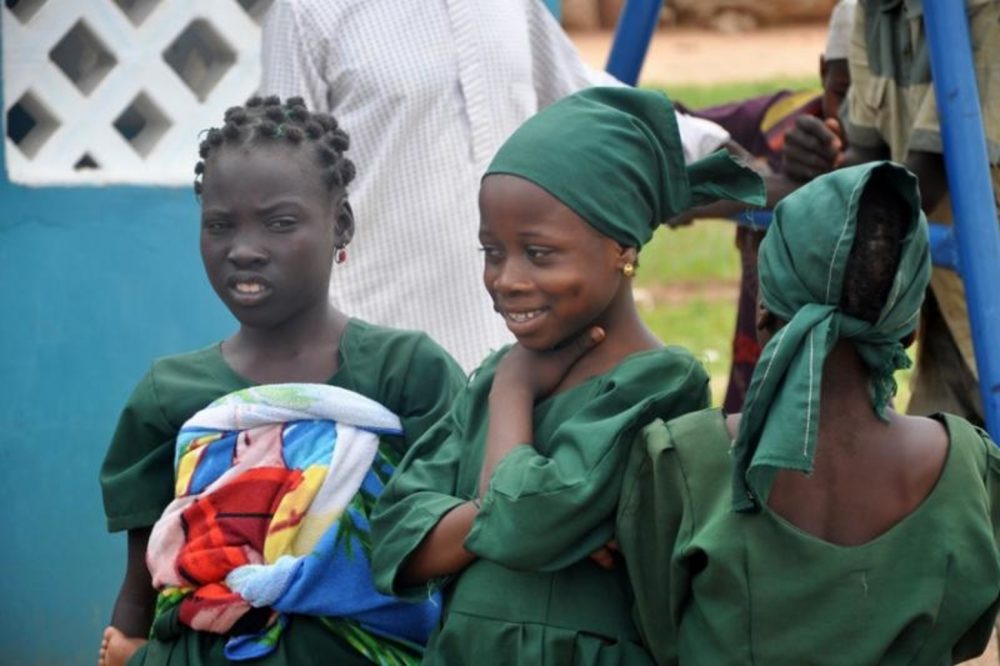Sexual and Reproductive Health Service for Vulnerable Groups

AHO is working in alliance with civil society organisations and governments to improve and expand sexual health services that respond to the needs of their young clients.
Young people face a number of obstacles to obtaining sexual and reproductive health services. These barriers relate to availability and accessibility as well as the quality of the services provided. For example, laws and policies may limit young people’s access to services and contraceptives, and health centres may only address the needs of married women.
Research shows that only a minority of sexually active adolescent women who have a sexually transmitted infection (STI) seek care in a health facility. Compared with older women, adolescents also tend to take longer to recognise their pregnancies and are more likely to have unsafe abortions. Pregnancy and childbirth continue to be a leading cause of death for adolescent girls aged 15-19.
To address this, AHO is working in alliance with civil society organisations and governments to improve and expand sexual health services that respond to the needs of their young clients.
Through our programmes, we work to ensure young people can access adolescent and youth-friendly health services that provide correct sexual and reproductive health information, modern contraceptives, STI/HIV and pregnancy tests as well as a range of other services. We also work to ensure community members (including community leaders, parents and other care givers) are well informed about how health services can help children and youth and we engage them to support the provision of these services.
AHO listens to adolescents and works with them to tailor youth-friendly health services to the local context, based on a careful situational analysis of the health and needs among young people.
Since formation, has been working on framework that includes an overall outcome about “Increased availability of assessable, acceptable, quality youth-friendly sexual and reproductive health and rights (SRHR) health services and strengthened public mechanisms to prevent and respond to gender-based violence/harmful practices”. The framework agreement includes 40 SRHR programmes targeting adolescents and youth in 43 countries in Africa.
Several of the projects have a specific focus on enabling discriminated groups to get access to adolescent youth-friendly health services.
In Africa, AHO targets young people with and without disabilities. Very often, children and youth with disabilities do not have any access to information about SRHR and no access to health services. This limited access can be due to low literacy levels, myths regarding the sexual activity of people with disabilities, or because the information is provided but not in an accessible and appropriate format.
One outstanding result from the work is a 95% increase in the number of adolescents with disabilities reached with different services – including STI treatment, access to contraceptives and antenatal care for young pregnant girls.

